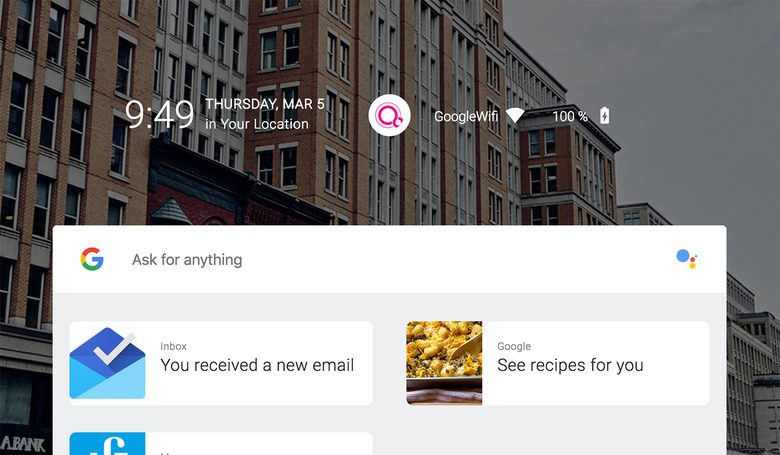Google Just Took A Strange Step Towards Replacing Android With Something Better
Android might be one of the two most important mobile operating systems right now, and the biggest one by market share, but it certainly won't be around forever. That's why Google is already working on a universal OS that would one day replace Android without users having to worry about it. Fuchsia, as it's called for the time being, will run seamlessly on a variety of devices, regardless of screen size. It'll deliver faster updates and better privacy features, according to some reports, and it'll support Android apps as well as native Fuchsia apps.
After months of rumors, Google finally confirmed the existence of Fuchsia at I/O 2019 in mid-May in what was somewhat of a surprise for the event. And now, Google made another strange move that gets us one step closer to a mobile future without Android.
Google launched a Fuchsia.dev site soon after I/O, but it went up only briefly, as Google had nothing else to share with developers at the time. Fast forward to this past weekend, and Google decided it was time to upload content to Fuchsia.dev.
First spotted on Reddit (via 9to5Google), Fuchsia.dev lets you browse through a variety of documents, which should be a great starting point for developers looking to familiarize themselves with the upcoming new OS.

However, you don't actually get to put any of the info to use. You can't install a dev version of Fuchsia on any device, and you can't start developing apps for it — although one can easily argue that some developers already have apps that could run on Fuchsia gadgets from day one, thanks to Google's Flutter toolkit.
That's why Google's decision to make Fuchsia docs available to developers all of a sudden seems strange. Why now? Why not back at I/O 2019 or next May? Are we to expect more big Fuchsia announcements soon?
On the other hand, Google had to start somewhere. Even if there's no major Fuchsia announcement coming soon, the company has to make sure it has all the puzzle pieces in place. A developer portal is the kind of resource you'd want to have ready for an operating system that developers already know you're building.
Android, meanwhile, is going to get its Q update next month, and we'll see a few more updates before Fuchsia takes over. That means we're probably in for a significant wait before we find Fuchsia running on any smartphones or anything else.
